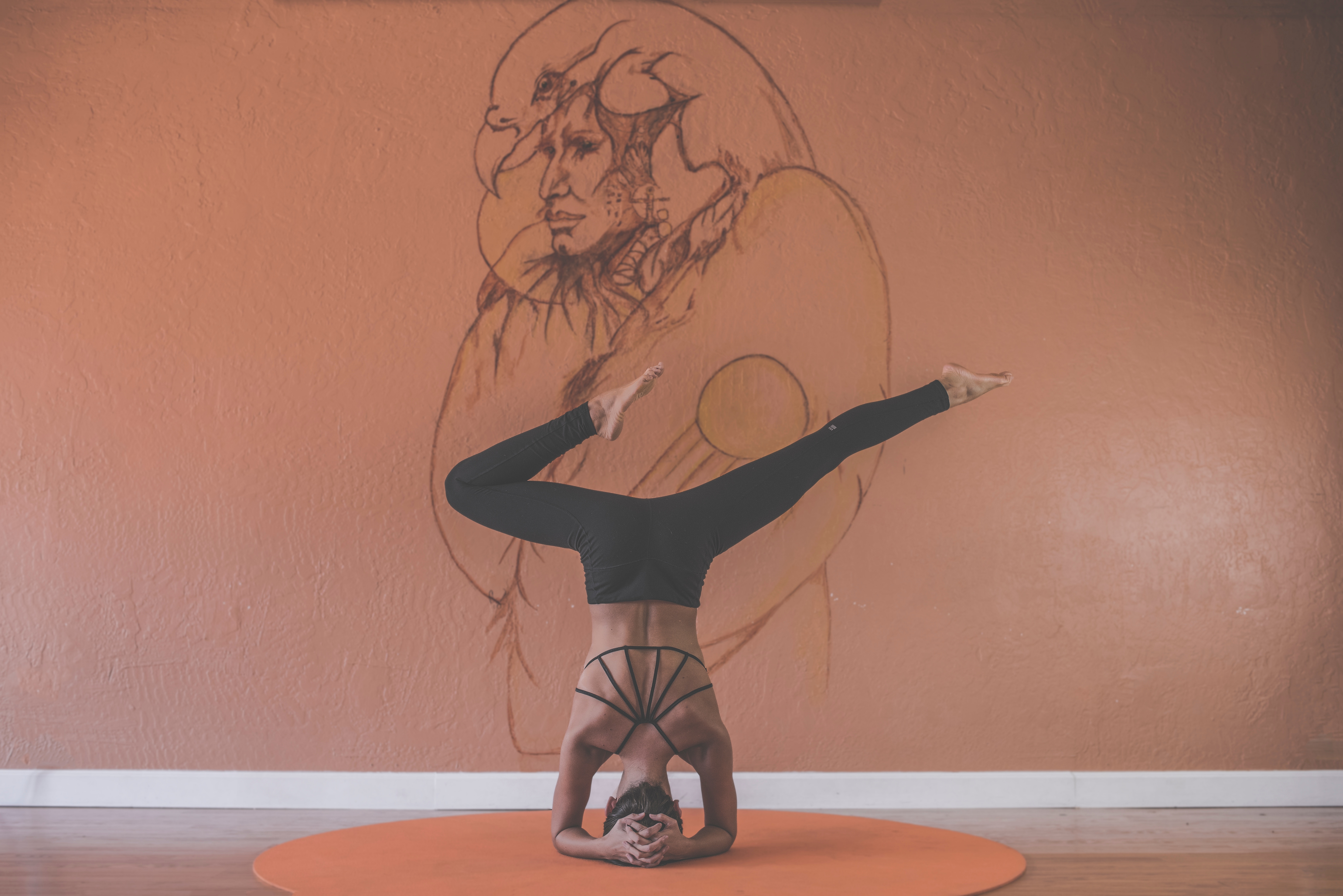That a habit takes 21 days to form is one of those stubborn myths which, once planted into the public consciousness, simply refused to die.
It originated with the research of one Dr. Maxwell Maltz back in the 1950s, and Maltz’s actual hypothesis (yes, hypothesis — he never scientifically proved it) was that a habit takes at least 21 days to form. Somewhere along the line we blithely ditched the “at least” part and came to believe we could magically create a lasting habit just by doing something for exactly 21 days straight.
So how long does it actually take to create a habit?
Short answer: it depends. Not really surprising, if you think about it, given that a habit like going to the gym at 5am every morning would take a lot more effort to stick to than, say, drinking a glass of water before lunch. Indeed, research conducted by Phillippa Lally at her team at University College London found that turning an action into a a habit took anywhere from 18 to 254 days.
Granted, 21 days sounds pretty easy to stomach compared to Lally’s potentially-8-month-long slog. But before you choose to quit reading and revert to the popular (false) wisdom, hear us out. There’s plenty of good news.

Photo by Aga Putra
Missing a day is OK.
Lally’s study also concluded that “missing one opportunity to perform the behaviour did not materially affect the habit formation process.” In other words, don’t beat yourself up if you skip a day. We assume you’re human and not a robot, in which case being imperfect is perfectly normal.
The whole thing about habits is that they require power of will to get them off the ground. So to start with, accept that the process is going to take some work and there will be days where you fail. But also realize that the longer you do the action for, the easier it will become. In time, exercising willpower will no longer be an issue, because the action will be automatic.

Photo by Aga Putra
Habits are a tool, not an end.
You’re bombarded with literature that eulogizes particular habits as being hallmarks of successful people. Successful people get up early! Successful people have their inboxes organized! Successful people read 5 books, meditate, clean the house and run 12 miles every day before breakfast!
When we hear all these things we can feel like failures for not doing them. We might try to form those habits for their own sake, to prove to ourselves that, yes, we can be successful too. But when we fall short of being Benjamin Franklin, we beat ourselves up.
This is when we need to remind ourselves that habits are a tool, not an end in themselves. In other words, don’t force yourself to get up at 5am to prove to yourself or anyone else that you’re a disciplined person. Do it only if it fits your life and you find that morning time beneficial in your pursuit of other goals.
Know when to let go.

Start small. Even tiny.
Earlier this year I enrolled in the Tiny Habits Program. It takes five days and is completely free for anyone to do. I won’t go into a lot of detail here, but I would recommend giving it a go.
Here’s the nutshell version: you set yourself “recipes” for habits that are so small and painless they take minimal willpower to achieve. Each recipe consists of a trigger followed by an action which takes less than 30 seconds to complete.
Example: right after I get up every morning I will write one line in my journal. Getting up is the trigger, the writing is the tiny habit. Another: after I brush my teeth I will floss one tooth. Brushing is the trigger, flossing is the habit. Notice that the habits really are tiny.

Photo by Doug Robichaud
Flossing one tooth may sound ridiculous, but the point is this: it’s so easy that even someone who hates flossing could manage it. Same goes for the writing example. Once that foundation is laid, it’s not only easy but even natural that you’ll move up to writing more and more lines.
Even if you don’t go for the tiny habits method, it’s still a good idea to start small. Make your goals too extreme and you’ll quickly get overwhelmed.
Habits don’t have to be physical.
When you ask yourself what habits you want to form, don’t limit yourself to the physical realm. Sure, there are positive habits you can build around diet, exercise, meditation, studying or returning your mother’s phone calls. But remember that habits can also take place internally.
Maybe you can make it a habit to take a deep breath and a mental step back every time you get angry. Or to tell yourself daily that you love yourself, even when that negative self-talk kicks in. Or to reflect on what you’re grateful for as you lie in bed every night.
These kind of mental and emotional habits can be just as defining to yourself and your life, if not more so, than the physical actions we carry out.

Photo by Ariel Lustre
Habits require vigilance in the long term.
Because habits are by definition automatic, they come with a potential dark side. As we said of rituals, when something becomes too mechanized, we can lose sight of why we’re even doing it or ignore warning signs that it needs to change.
A few things to be wary of when it come to habits, then:
1. When your goals change your habits also need to change.
Reassessing your habits based on changing goals is a valuable practice. Lets say you decide you want to start a family. Your goal is now to save money and improve your financial position, so that habit you set of hitting the gym every morning (at the expense of a costly monthly membership) might not be ideal any more.
2. Habits can be opportunities.
Another reason to reevaluate your habits: to see if you can grow them further. Rather than rest on your laurels, an already well-ingrained habit can be a great opportunity to build an even better one.
3. It can help to step outside from time to time.
Let’s say you’re writing a book and you’ve dutifully built a habit to write one page every day. After a time, you might find that you’re slogging through when really you shouldn’t. Maybe you need to break from the habit once in a while to create some space for new thoughts and creativity. Much like it’s a bad idea to go for your morning run every single day out of habit, even when your body is tired and injured and clearly in need of rest, it’s also good to step out of your creative and mental habits on occasion and check they’re still working for you.
How do you go about forming new habits? Do you think it’s important to regularly reassess them and be mindful of their place in your daily life? We’d love to hear from you below.










Leave a reply